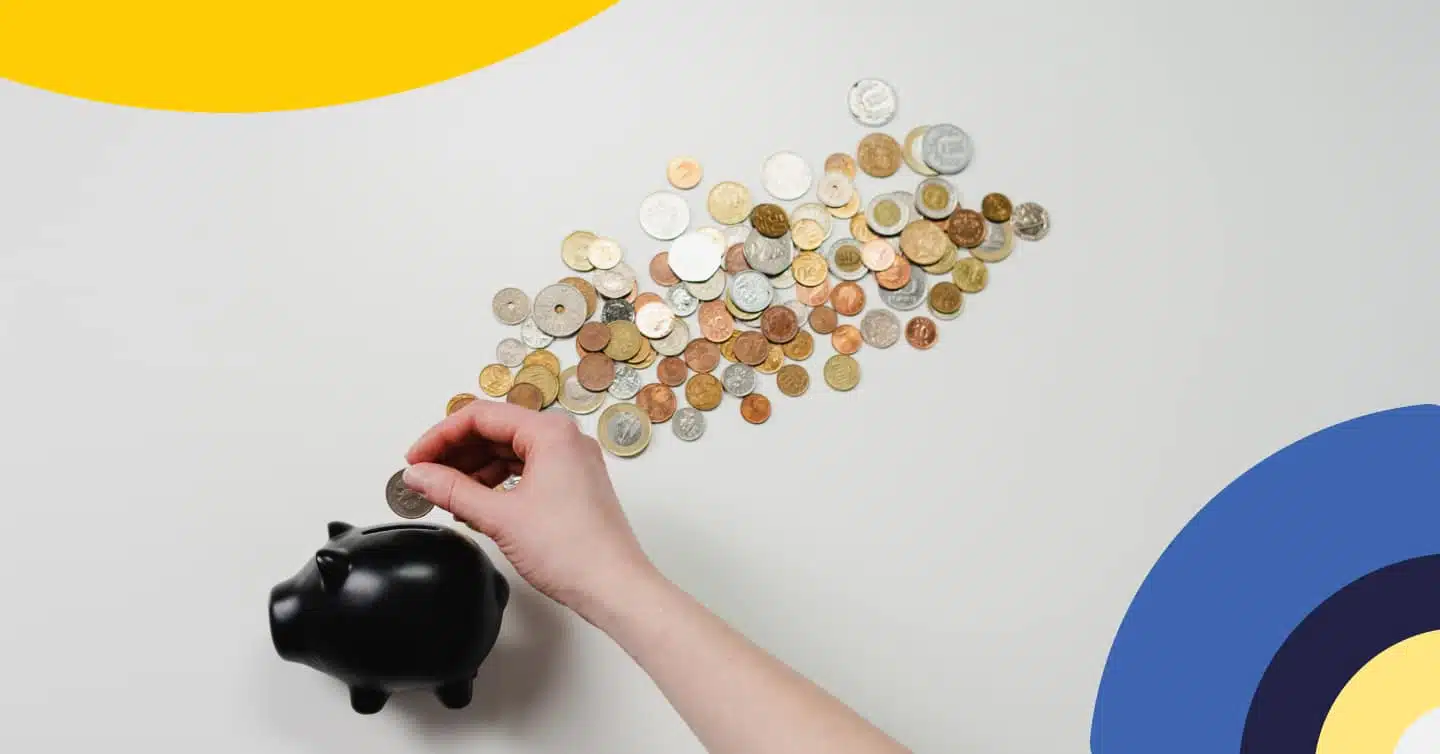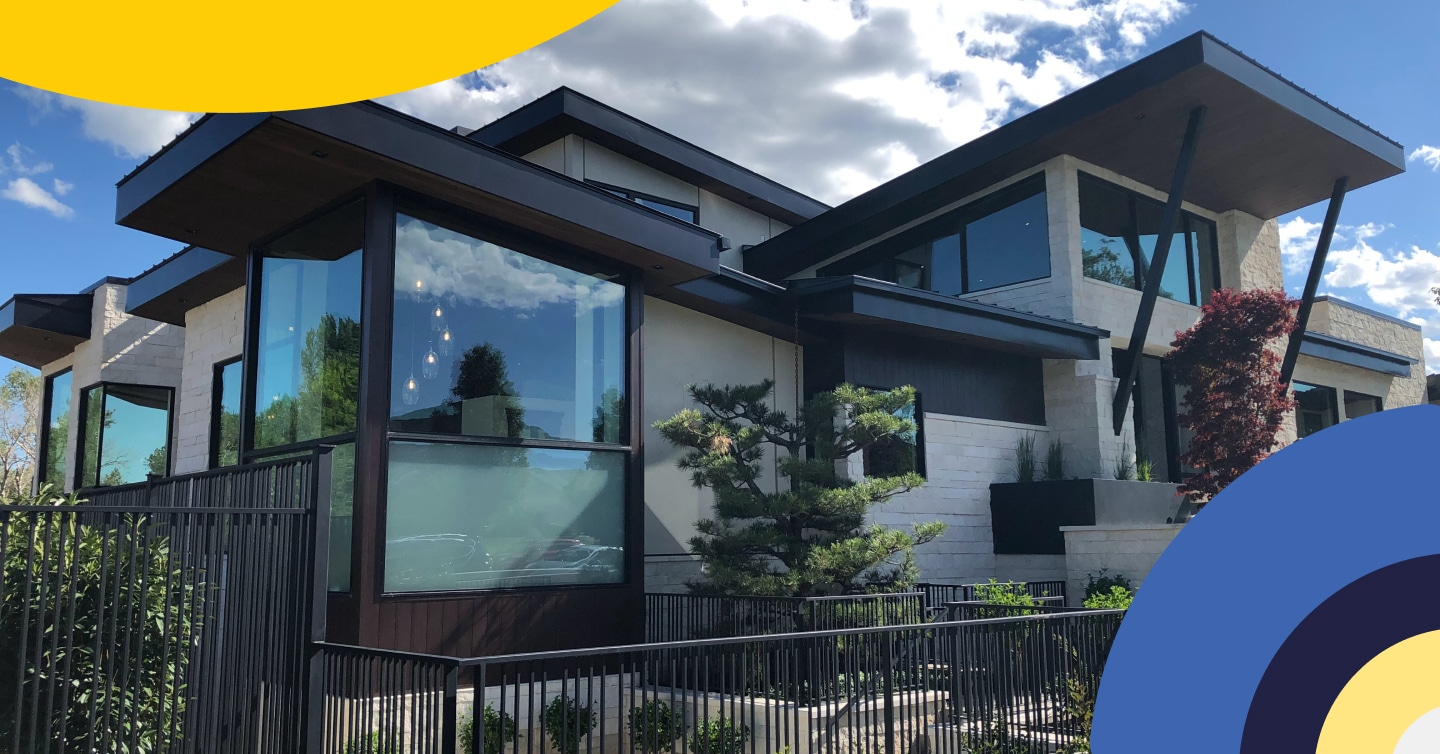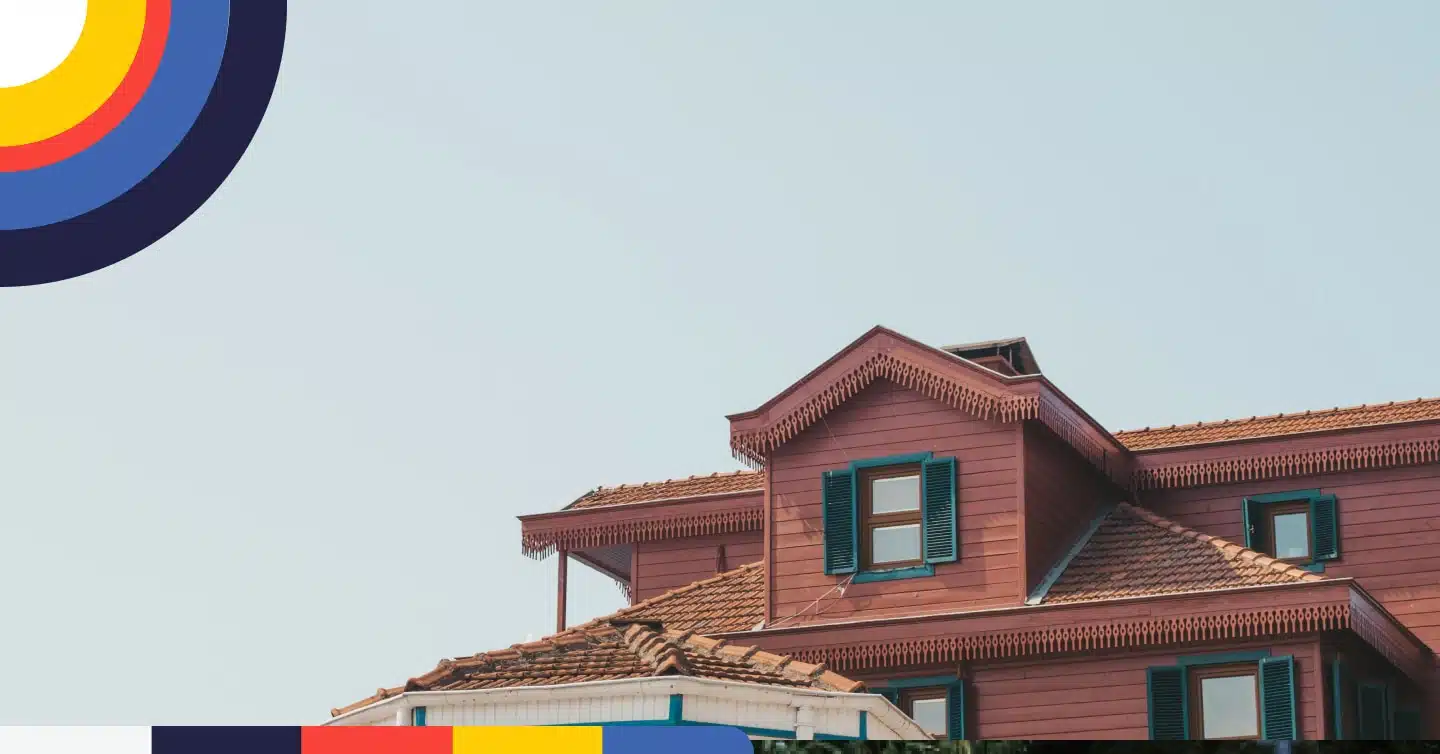Featured articles #Home Buying
Featured articles #Home Buying
Should I Invest in a Down Payment or Retirement in my Early 20s

Table of contents
Financial planning in your early 20s can be very stressful. You finally have a steady income from your first full-time job, you’re making enough money to set a little aside, and you’re thinking about your future. So, what’s the next move? Asking yourself how you should invest your money is a rite of passage into adulthood, after all. In this article, we break down different savings strategies for people in their early 20s and more specifically, help you navigate your choice between 2 main investment options: a down payment on a home or retirement.
Key Highlights
- Should you save for a down payment or retirement? Short answer: retirement.
- Renting is not a waste of money; see it as part of your investment strategy.
- Gains from stock market investments will have a higher return than property.
Should You Save for a Home Down Payment or Invest for Retirement?
Ideally, a healthy savings strategy that involves both your down payment and retirement would be the way to go. However, depending on your financial situation, this can prove to be easier said than done. If you have to choose between the 2 options post-grad, retirement is definitely the better choice. When you’re in your early 20’s, retirement might seem far away, while a home presents a more immediate need.
However, it is the fact that retirement is so far away that makes it the better investment option earlier in your life. If you invest in your 20’s, whether it be in stocks or an RRSP, that investment will only grow over time; the more you invest and the earlier you invest, the more comfortable you will be during your retirement. Your 20’s is the best time to invest, while you will have more limited opportunities to do this when you are closer to retirement age. Not to mention, investing in stocks will almost certainly bring in a higher return than a property investment.
Renting vs Buying vs Investing: Weighing Your Options
Between the tax benefits of saving for retirement and the long-term returns from stock market investments, investing in retirement is still your best bet compared to buying a home. However, many young people in their 20’s feel pressured to exit the rent cycle and purchase a home. A lot of this has to do with the fact that renting is viewed as a “waste of money,” especially in big cities where rent prices rival monthly mortgage payments.
We’re here to tell you that there is absolutely no shame or harm in renting. In fact, renting is often an important part of an investment strategy, especially if you are focusing on retirement savings first. At the end of the day, you need a roof over your head and approaching your rent as a necessity rather than a financial loss will only help you better strategize your investments, while also giving you a taste of home ownership without the commitment. This way, when it’s time to buy your first home, you’ll have more money to spend and more experience in the housing market.
Find a better rate, and we’ll match it, beat it, or give you $500*.
*Conditions Apply
With nesto, it’s stress-free
Pros & Cons of Saving for a Home in Your Early 20’s
Even if retirement is the smarter investment, that is not to say that saving for a home in your 20s is a bad idea. For starters, if you live in a big city or a place where the housing market is very competitive and real estate is more expensive, it is important to note that housing prices will only escalate over the years, as they have done since the 1940s. That means, the longer you wait, the more pricey things will become. Setting up a TFSA in your early 20s is a great way to help you get organized and save for both a down payment and a home!
In the same vein, rent in such places is also on the rise; buying a home is a great way to avoid consistent increases in rent annually. You’ll be able to have a set amount for housing costs throughout your 20’s and likely have a bunch of equity in your home by the time you are 30 to upgrade into a bigger home, if you desire.
This is a huge pro for saving for a home in your 20s is the equity you build by paying your mortgage installments on time and thus improving your credit score.
The main con of saving for a home in your 20’s is that it will probably be the only thing you can afford to save for. Home prices in Canada have increased by 318% since 2000, so if you start saving for a down payment, most of your savings will go towards that. After that, once you actually purchase a home, most of your money will go towards your mortgage. Essentially, saving up to buy a home and buying a home will limit your capacity to invest in other things, such as retirement.
Another con is that a home is a material good, which means you are investing in something that requires maintenance and attention. After buying your home, you have to continue to spend money on it so that it does not depreciate in value and you actually get a return on your investment.
In the end, working with a mortgage expert is a great way to find the right strategy for you. At nesto, we can help you by providing unbiased advice from our commission-free team.
Pros & Cons of Saving for Retirement in Your 20’s
As mentioned, the earlier you start investing in your retirement and the more you invest in it, the bigger your return will be. Establishing an investment strategy in your 20s with retirement savings as its focus will pay off the most in the long-term. More so, the faster you secure savings for retirement, the earlier you will be able to start saving on other things, such as a down payment on a home. Investing in the stock market as part of your retirement plan will always make you more money in the long run compared to a property investment, so the idea is really to start there, build a foundation, and tackle other savings goals later.
One of the biggest pros of investing in your retirement, specifically through an RRSP account, is that Canada’s Home Buyer Plan allows you to take out a certain amount of money without penalty if you’re going to use it towards a down payment on your first home.
The main con of saving for retirement in your 20s is obvious: it’s boring. You’re not going to be able to enjoy the return on this investment for a long time and when your goal is so far away, it’s harder to get excited about it. An RRSP does not measure up to the emotional significance of buying your first home.
Frequently Asked Questions
Here are some frequently asked questions about investing in your 20s.
Should I invest in a down payment in my early 20s?
If you already have an investment strategy for retirement in place and can afford to put down a smaller down payment, it is definitely worth doing. It is important to note that any down payment below 20% will require that you also purchase mortgage insurance, but if you’re comfortable with that, then you’re good to go. Plus, if you invest properly, your return will definitely cover whatever you paid for mortgage insurance.
Is it better to invest in a RRSP or a home?
For people in their early 20s, focusing your investments in an RRSP is the better move for the future.
Final Thoughts
Overall, the takeaway here is that prioritizing your retirement in your investment approach in your 20s, both through an RRSP account or stock market investments, will give you a higher return in the long run, compared to a home purchase.
Ready to get started?
In just a few clicks, you can see our current rates. Then apply for your mortgage online in minutes!















